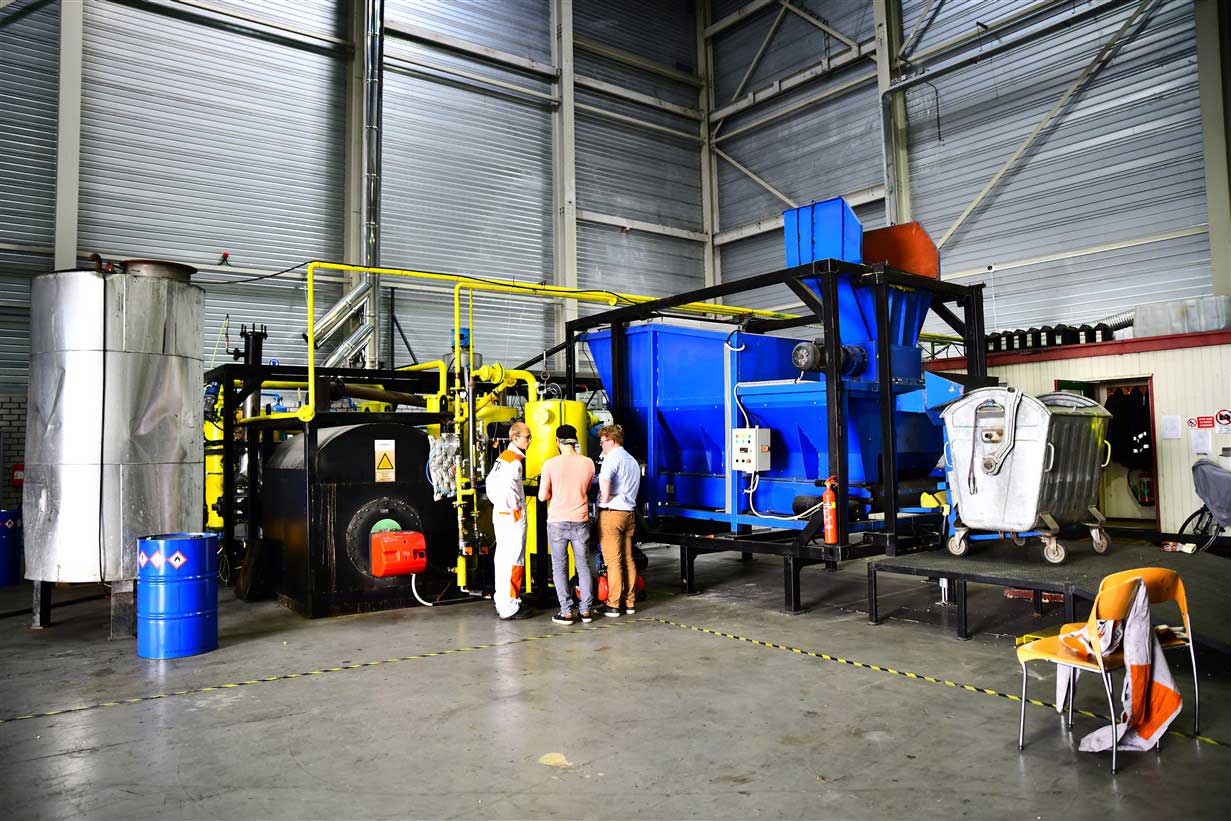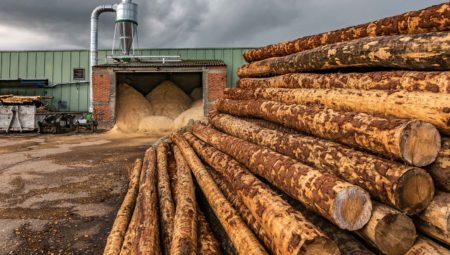Several parties are now working on commercial factories. This includes various SMEs, such as Waste4Me, Teknow Systems and Nettenergy. But chemical giants such as Shell, SABIC, Dow and BASF are already working on replacing part of petroleum as raw material for their naphtha crackers with pyrolysis oil made from waste plastics and/or biomass.
This involves large quantities: about 12 million tons of oil per year in the Netherlands alone. According to Arnold Stokking, director of BrightSite and initiator of EN Zuid, the transition is taking long, not only because of the competition with highly efficient oil and gas industries, but also because of the need to form new value chains, with very large investments, the need to write of expensive existing installations and uncertainty about government policy.
A government that talks about climate goals but at the same time leans back instead of stimulating real large-scale greening could well miss the boat, Stokking thinks. And the stakes are high; if process chemistry disappears abroad, some 100,000 jobs will be lost in the southern Netherlands alone.
Read the full article in Agro & Chemie
Picture: Port of Moerdijk



